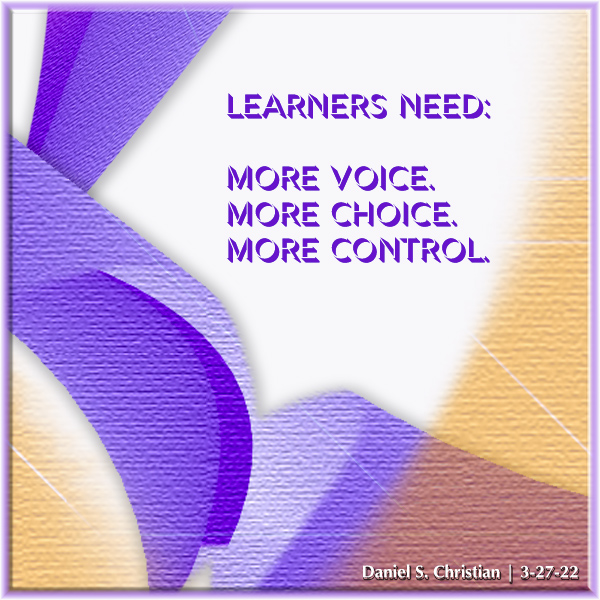A Teacher-to-Teacher Approach to Professional Development — from nataliewexler.substack.com by Natalie Wexler
An innovative fellowship program spotlights the practices of effective literacy teachers
When seeking guidance on classroom practice, teachers—understandably—tend to trust other teachers the most. An innovative fellowship program connects teachers with one another to provide concrete examples of what effective literacy instruction looks like.
A small philanthropy called the Goyen Foundation sponsors the program, now in its third year. For each cohort, the foundation selects 12 to 14 educators who are skilled in systematically teaching foundational reading skills while simultaneously building the knowledge that enables reading comprehension.
The Goyen Literacy Fellows document their own classroom practice, mostly through videos that are posted on social media platforms like X/Twitter and Facebook. They also interact with other educators who may have heard about “structured literacy” but aren’t sure what it means or how it’s done.
Giving Kids Some Autonomy Has Surprising Results — from nytimes.com by Jenny Anderson and Rebecca Winthrop
Jenny Anderson and Rebecca Winthrop are the authors of “The Disengaged Teen: Helping Kids Learn Better, Feel Better, and Live Better.”
In a polarized nation, one point of agreement deserves more attention: Young adults say they feel woefully unprepared for life in the work force, and employers say they’re right.
In a survey by Gallup and the Walton Family Foundation of more than 4,000 members of Gen Z, 49 percent of respondents said they did not feel prepared for the future. Employers complain that young hires lack initiative, communication skills, problem-solving abilities and resilience.
There’s a reason the system isn’t serving people well, and it goes beyond the usual culprits of social media and Covid. Many recent graduates aren’t able to set targets, take initiative, figure things out and deal with setbacks — because in school and at home they were too rarely afforded any agency.
Maybe it’s time to define a higher ideal for education, less about ranking and sorting students on narrow measures of achievement and more about helping young people figure out how to unlock their potential and how to operate in the world. Amid the drumbeat of evolving artificial intelligence, wars, rising authoritarianism, political polarization and digital disconnection, they need to learn a lot more than how to follow instructions.
The Disengagement Crisis — from xqinstitute.org by Edward Montalvo – Director, Educator Network
Youth Voice & Choice
At XQ, we don’t see high schools as the tail end of K-12 education. Instead, we believe they are pivotal spaces for unleashing a young person’s sense of possibility and agency—so much so that it’s one of our Design Principles for school-wide success: Youth Voice and Choice.
Anderson and Winthrop, too, emphasize that when students feel they can shape the direction of their learning, they gain essential life skills: setting targets, identifying strategies, monitoring progress, and course-correcting when inevitable challenges arise. These aptitudes translate directly to college readiness, workforce performance, and a strong sense of agency in adulthood. As the authors note, even small doses of agency—like letting students choose which angle of a topic to explore—can radically transform how teens engage with the material and each other.
We’ve long championed youth voice and choice as a key element for transforming the traditional high school experience. By adopting this design principle, educators and school leaders empower students to be agents of their own learning journeys. They celebrate students’ personal growth and consistently provide opportunities for them to set goals and reflect on how they learn best.
By shifting away from checklists and mindless compliance, we can transform high schools into spaces of curiosity, discovery, and lasting engagement—where a spark lit in 9th grade can guide and energize students for a lifetime.
.

Addendum on 1/17/25:
376. Students as Partners — from teaforteaching.com
Faculty members often design and revise courses with limited direct feedback from students. In this episode, Laurel Willingham-McLain and Jacques Safari Mwayaona join us to discuss a program in which faculty work with trained student consultants to improve the student learning experience. Laurel is a consulting faculty developer at the Center for Teaching and Learning Excellence at Syracuse University. Jacques is a Faculty Development Fellow, also at Syracuse University. Laurel and Jacques both work with the Students Consulting on Teaching program at Syracuse University.








